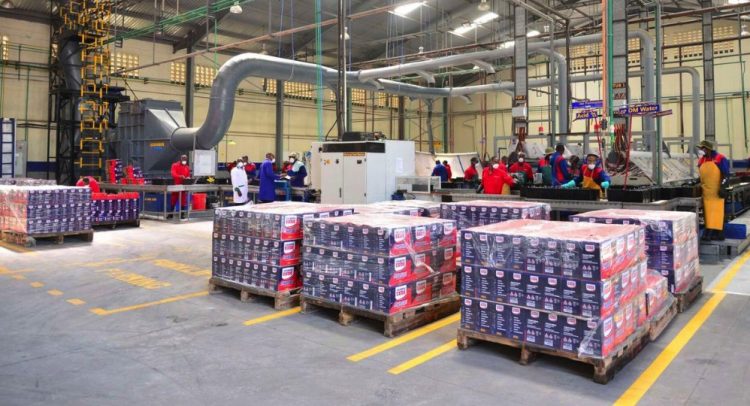Ghana has taken delivery of Kenyan-made exide batteries as Kenya officially starts selling its products within Africa on preferential terms under the new pan-African trade deal.
The batteries, used in cars, solar installations and power backup, arrived at the Tema Port marking Kenya’s formal start of preferential business under the Africa Continental Free Trade Area (AfCFTA) agreement.
The deal aims at liberalising intra-Africa trade by 2030 through removing all cross-border taxes, in a series of actions that officially kicked off last year.
Kenya’s High Commissioner to Ghana, Eliphas Barine, witnessed the unveiling of the cargo by a representative of the Associated Battery Manufacturing EA Ltd, the firm which is exporting the product.
It is the first Kenyan company to start trading under AfCFTA, and will be the first local firm to ever export exide batteries to the Ghanaian market.
The the consignment will be handed over to Yesudem Company Ltd, the Ghanaian firm importing the cargo.
Kenya is among six countries – including Cameron, Egypt, Ghana, Rwanda, and Tanzania. – selected to participate in the pilot phase of the AfCFTA Initiative on Guided Trade to expedite trade under the agreement.
This was after member countries realised that no trading was taking place one-and-a-half years after launch of AfCFTA in January last year.
The six pilot countries are required to identify products that can access the markets among themselves.
Through an Ad-Hoc Committee formed to spearhead the initiative, Kenya has identified several products for this initiative including tea, exide batteries, confectionery, leather bags, incinerators, beaded products, vehicle filters, textiles, sisal fibre, avocadoes, and fresh produce.
AfCFTA requires members to phase out 90 percent of tariff lines over the next five to 10 years. Another seven per cent considered sensitive will get more time, while three per cent will be allowed to be placed on an exclusion list.
Most of the products traded across African borders will not be taxed until 2029 or will be attracting as little as a one percent tax.
But others including meat, cut flowers, tea, coffee, and dairy will continue to attract 3.5 per cent in tax up to 2029.
This is after the East Africa Community (EAC) partners offered tariff concessions on the products for transition into the new Africa free trade area to protect farmers from competition.


